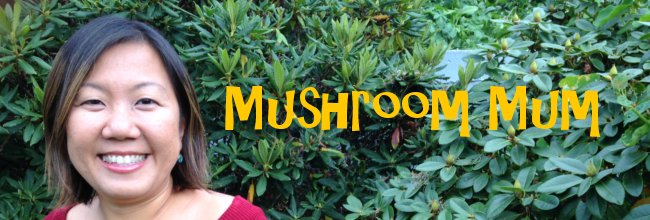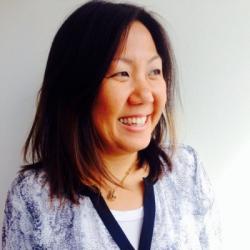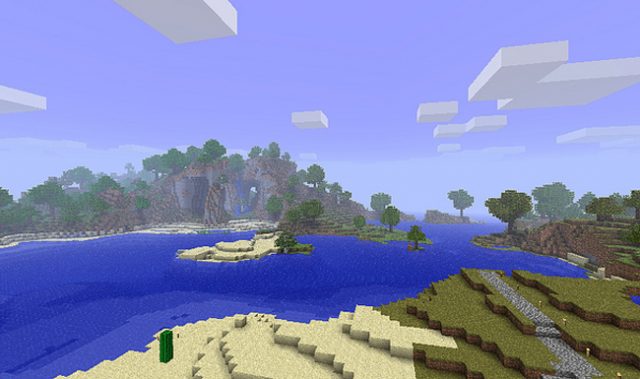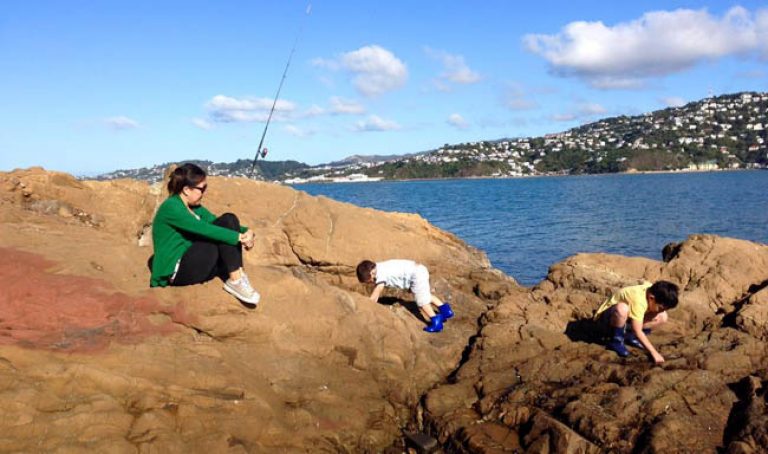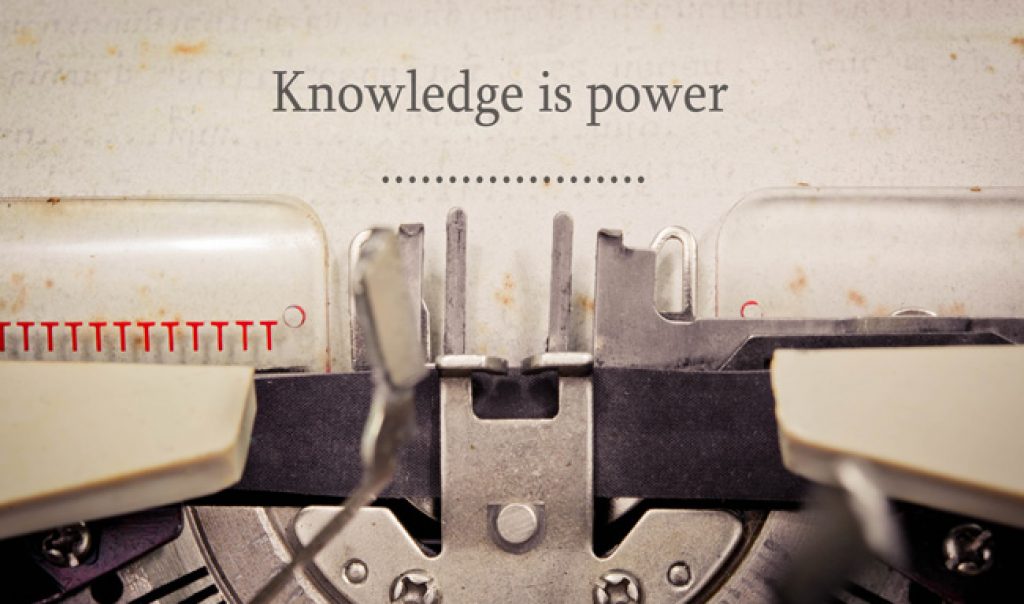
AsianScientist (Oct. 12, 2016) – In my day job as a digital marketer for a cancer diagnostics company, I’m paid to scan the internet, spot trends and opportunities and deepen engagement with our audience.
Every day, without fail, I’ll come across an article or a piece of news that fills me with hope. That hope though, is always tempered by a slight despair at the sheer amount of inane—or worse still, erroneous—content I have to sift through to reach a gem.
One thing I’m noticing as we move closer to the festive season, aside from the fact that my local supermarket seems to display Santa-shaped chocolates earlier and earlier in the year, is the ‘themed’ health headlines that pop up.
Ranging from the guilt-allaying “Tried and Tested Detox Diets” to hopeful “Frankincense Fights Cancer”, and my personal favourite “Stop Removing Chicken Skin, It’s Actually Good for You: Doctors,” my news feed is awash with health claims and new research findings. All claiming to be backed by experts.
Yet, amidst the incessant clickbait, one headline, like a sparking Christmas bauble, stood out: “Our World is Awash in Bullsh*t Health Claims. These Scientists Want to Train Kids to Spot Them.”
What was that again?
The Uganda study
Turns out that an epic new trial to teach primary school-aged children critical thinking skills about health has just wrapped up in Uganda. The study was essentially built on 32 key concepts that people needed to understand to assess claims about treatment effects, contextualized using local examples and medical myths.
The researchers developed teaching materials, lesson plans, and fun workbooks for kids about the reliability of medical treatments, and tested them on over 15,000 kids in a randomized, controlled trial.
The basis of the curriculum? Testing Treatments, a free downloadable ‘bible’ for anyone interested in evidence-based medicine.
Sir Iain Chalmers, one of the co-authors of the book and research co-leader of the Uganda study, describes the central idea of the book as “you don’t need to be a scientist to think critically and ask good questions.” The book explains in layman terms the concepts that people need to understand to separate reliable health advice from the bogus.
The takeaways are universal. In one cartoon, an adult explains to some school children, “When you hear a claim, you must always ask: What is the basis of the claim? And, is it a good or bad claim?”
Such a simple approach, and one that I think young people all around the world should adopt when faced with new information.
Discernment: The new essential life skill
The need to discern, to judge well from a young age, is what I think will be the hallmark of the next generation’s learning journey. Faced with millions of pages of information from as many sources, how will our young decipher what is reliable data, and what should be tossed out (into the compost bin, no less) with last night’s leftovers?
The Uganda study is an important step in the right direction. It aims to help equip our youngest and most vulnerable with essential skills to help them make good decisions.
We’ve seen from recent and unfolding political events that our young are being thrust into a post-truth world where debate is largely framed by appealing to emotions, and where the echo chamber of social media amplifies these opinions, for better or worse. And that’s why I think it’s vital that children are taught to think critically, and independently for themselves at a young age.
Andy Oxman, a co-investigator in the trial, tells it like it is. “My hope is that these resources get used in curricula in schools around the world, and that we end up with children who become science-literate citizens who can participate in sensible discussion about policy and our health.”
As I eagerly await the results of the Uganda trial, I’m going to look through the resources, like this cool video the research team has helpfully made available, and discuss them with my older son.
Then I’ll ask him, in the event of a burn injury, what should you put on it? A) cow dung, B) butter or C) cool water? Regardless of his answer, it’ll be a great starting point for discussion!
This article is from a monthly column called Mushroom Mum. Click here to see the other articles in this series.
———
Copyright: Asian Scientist Magazine; Photo: Shutterstock.
Disclaimer: This article does not necessarily reflect the views of AsianScientist or its staff.



